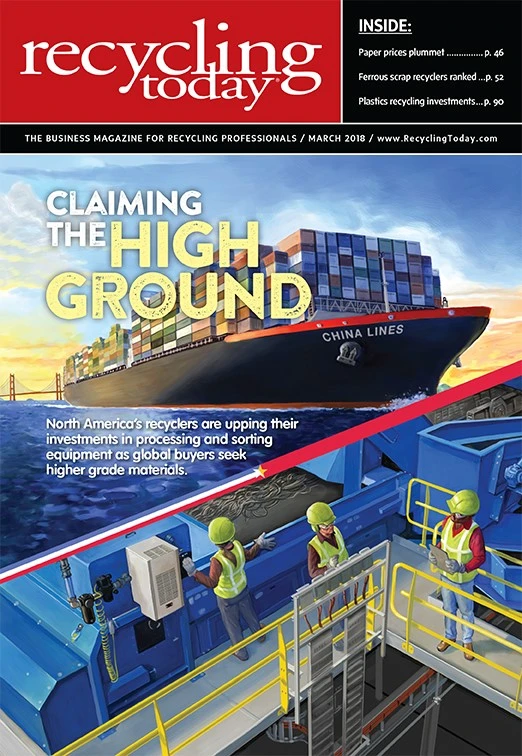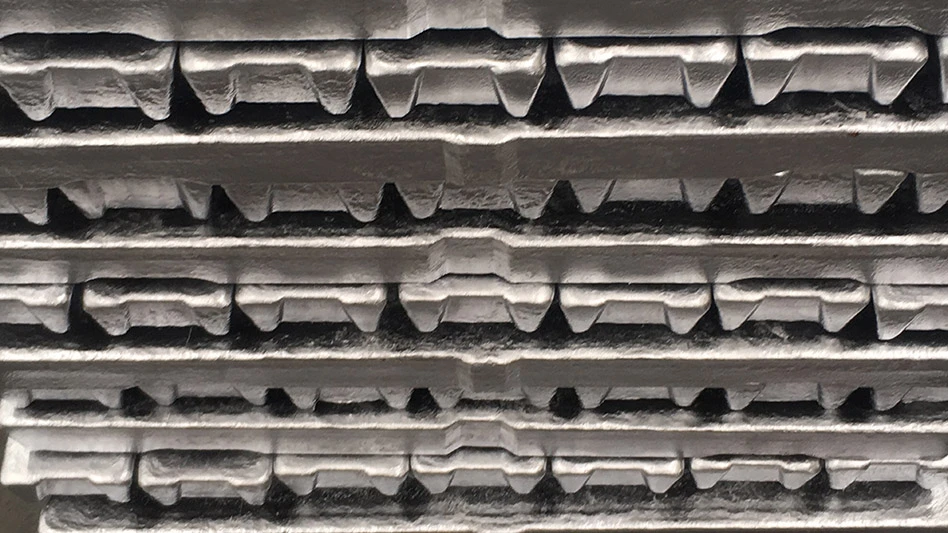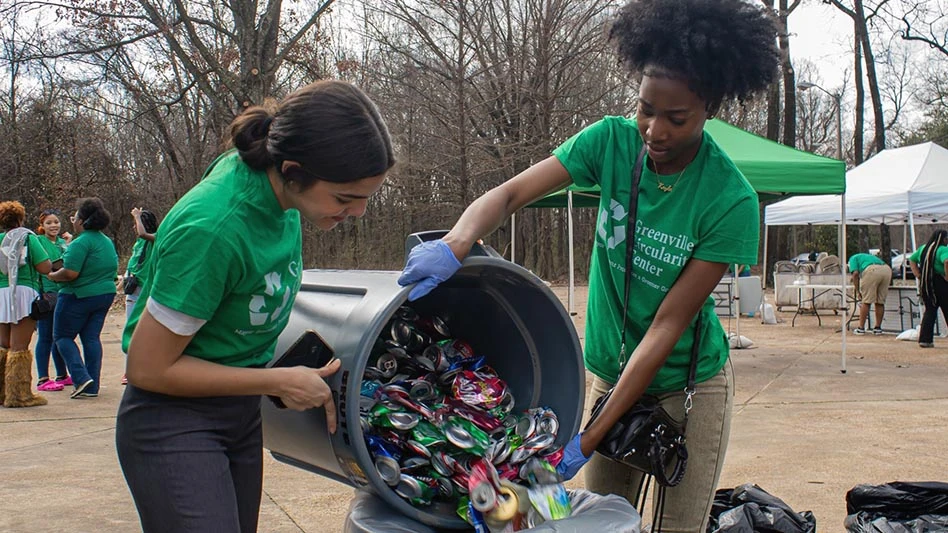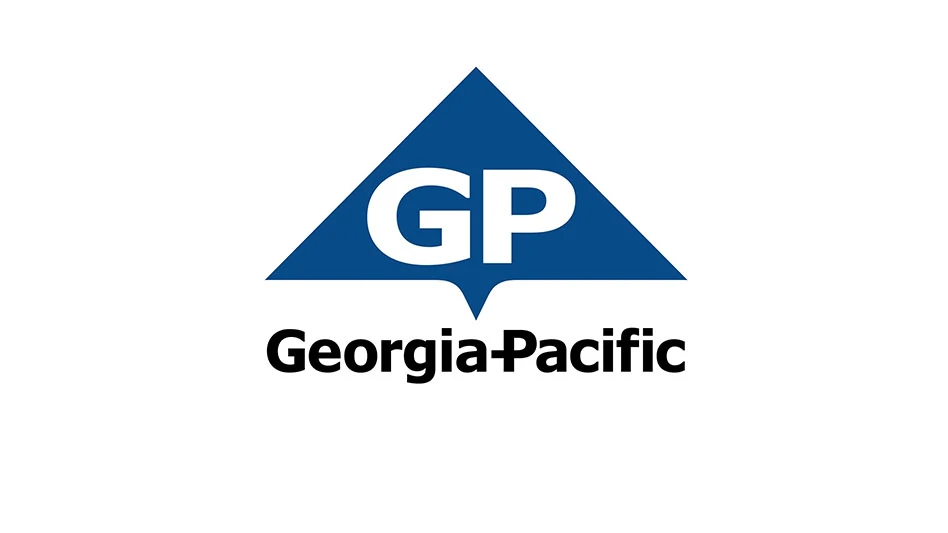
As we move deeper into 2018, the electronics recycling landscape continues to evolve. Issues such as manufacturer compliance, effective data destruction
A steadily growing stream
Regardless of regulatory changes, shifting trends in reuse and refurbishment or the increasing need for appropriate management of data, one thing that remains constant is the steady growth of electronic devices that are discarded by businesses and consumers each year. Cellphones are typically replaced every 18 months or less, whereas desktop computers last the average consumer about two years. TVs last much longer—about 10 years—but DVD players are usually tossed in the trash after only two years.
Based on this information, it’s not surprising that in the U.S. alone more than 100 million
According to the U.S. Environmental Protection Agency (EPA), e-scrap continues to be the
With the current movement of the information technology (IT) industry toward cloud computing and the increased reliance on tablets and mobile devices in the workplace and in schools, it is likely that refurbishment also will continue to spike for the long term. Refurbishing computers and laptops and even mobile phones will continue to increase as these devices enter the e-scrap stream in large volumes and countries around the world continue to require proper disposal.
_fmt.png)
Well-rounded ITAD companies are here to stay
The biggest trend we’re faced with as an industry is
Customers are more attuned to the fact that they want to engage with ITAD companies that process electronics in facilities that are designed solely for this purpose.
If the device can be reused, it will not be destroyed. Instead, the ITAD company will destroy the data on it and sell the wiped device. It’s become understood that good ITAD companies use data destruction methods that are far more effective than what the average consumer is capable of using. Destroying data involves much more than simply overwriting the data; today, ITAD vendors destroy data in accordance with the Department of Defense and NIST (National Institute of Standards and Technology) Guidelines for Media Sanitization standards.
More businesses are seeking out the services of reliable ITAD vendors for other reasons, as well. For starters, cybersecurity threats should be on the mind of every business owner in the country. Every business—regardless of the business’ size or the industry it is in—should be concerned about the possibility of hackers accessing confidential data. ITAD vendors destroy the data stored on devices prior to disposing of them. This is the only way to ensure that a client’s information—and their customers’ information—is protected.
Of course, ITAD companies also keep hazardous materials out of landfills.
But using an ITAD vendor is not only the right thing to do for the environment, it is also a way for many businesses to save money by avoiding fines. The discount retailer Dollar General learned this the hard way after being ordered to pay $1.13 million as part of a civil settlement for improperly disposing of electronics. The retailer was sending electronic devices and other hazardous materials to local landfills instead of properly disposing of them with an ITAD vendor.
Businesses may even be able to make some side revenue by working with an ITAD vendor that shares the profits made after reselling components from the electronic devices.
Businesses within certain industries, such as those involved in
More than 100 million cellphones are thrown away every year in the U.S.
The keys to a successful future
For the players in the recycling or electronics recycling industries, what are the keys to success moving forward? Here’s a checklist of some of the primary factors and ingredients.
Provide nationwide solutions. The big customers that help sustain us in this industry are rarely limited to one state’s borders. Offer a
Establish a global network of partners. As the world gets smaller, don’t limit your capabilities to the U.S. Build effective partnerships that broaden your scope on a global level. Companies are looking

Keep innovating technologically. Long ago, ERI made a commitment to innovative technology, and I believe that’s one of the main reasons we’ve been able to stay ahead of the game. But you don’t have to have the world’s largest and most sophisticated shredders, like ERI does, to be successful. In an industry driven by and focused on technology, providing innovative solutions is a must.
Process effectively. To maintain your customers’ confidence as well as your bottom line, it is important to have your executive team regularly assessing and auditing your operations to ensure you are processing
Invest in a high-end commodity process. If your commodity extraction process is running at maximum efficiency, the cleanliness of your final commodities will enable you to pass cost savings along to customers from an end-of-life perspective.
Communicate with manufacturers. As technology evolves, gets smaller and changes so dramatically from year to year, it is essential to maintain a consistent dialog with manufacturers to make sure you understand the new products that are coming and how they will need to be processed at end of life.
Be diverse. For success in 2018, it’s essential to offer a comprehensive suite of services to your customers. It is
Offer supply chain management. The organizations that make up a supply chain are linked together through physical flows and information flows. The world of electronics recycling is no exception. This goes back to a high level of interface and communication with your customers to determine their needs and with manufacturers to stay abreast of what has and will be entering the supply chain.
Manage the details to maximize refurbishment and reuse options. Employ
Help customers understand the importance of data breaches. Some companies are ignoring the problem altogether, but others are making a genuine effort to prevent data breaches. However, the companies that are investing in cybersecurity are still being targeted by hackers. Even though cybersecurity awareness is growing, this won’t prevent future attacks unless decision-makers are willing to listen to IT experts and implement their recommendations. Become certified by the Phoenix-based National Association for Information Destruction (NAID) and let your current and future customers know of the safety net you are providing to them.
Always do the right thing. We understand as well as anyone that fluctuating commodity prices and other issues pose fiscal challenges to our industry, but it is essential to remain ethical and always do the responsible thing, even if it delivers a ding to the bottom line. Shipping materials to be processed overseas, for example, is a shortcut not worth taking. We see too many in our industry resorting to this, and when they get caught, the consequences can be devastating. Doing the right thing, even at the expense of temporarily challenging the bottom line, will ultimately be rewarded with a healthier bottom line in the long run and will engender longer-term trust and loyalty with your customer base.

Explore the March 2018 Issue
Check out more from this issue and find your next story to read.
Latest from Recycling Today
- OnePlanet Solar Recycling closes $7M seed financing round
- AMCS launches AMCS Platform Spring 2025 update
- Cyclic Materials to build rare earth recycling facility in Mesa, Arizona
- Ecobat’s Seculene product earns recognition for flame-retardant properties
- IWS’ newest MRF is part of its broader strategy to modernize waste management infrastructure
- PCA reports profitable Q1
- British Steel mill subject of UK government intervention
- NRC seeks speakers for October event





